Who Won the Strikes? Who Lost? A Merciless Assessment
- Oops!Something went wrong.Please try again later.

As the town flocked to picket lines during a historic 148-day writers strike and 118-day actors strike, moguls took a hit (looking at you, Bob Iger), stars made blunders (why, Drew Barrymore?) and others saw their stock rise (Lindsay Dougherty holds court next with the studios) …
Winners
Fran Drescher & Duncan Crabtree-Ireland
To be sure, SAG-AFTRA’s negotiating team faced its challenges in 2023, from growing impatience in the industry over the length of its bargaining process to celebrity resistance to the union’s restrictive Halloween strike rules. Ultimately, though, Drescher in particular ably combated some of the criticism (openly discussing the heart-shaped plushie she brought to negotiations) and the union won a wide-reaching contract.
More from The Hollywood Reporter
A Cruel But Necessary Post-Strike Farewell From "Fake Carol" to Hollywood
David Zaslav Admits Striking Writers Were "Right About Almost Everything"
Actors' AI Protections Are a Step Forward, But There's Reason to Worry
Ellen Stutzman
The WGA West assistant executive director was thrust into the spotlight in February when the union’s usual chief negotiator, David Young, stepped out on medical leave. Stutzman was named to take his place in negotiations, and it’s hard to imagine a more grueling introduction to the job than presiding over the second-longest strike in the union’s history. But Stutzman came out on top when the tentative deal she helped to broker was ratified. In November, she was named executive director.
Chris Keyser
The co-chair of the WGA’s negotiating committee personally appealed to the Fab Four CEOs — Disney’s Bob Iger, WBD’s David Zaslav, Netflix’s Ted Sarandos and Universal’s Donna Langley — and helped to bring both sides back to the bargaining table after a months-long standoff. His regular video messages were also hailed by WGA members, who appreciated his impassioned updates.
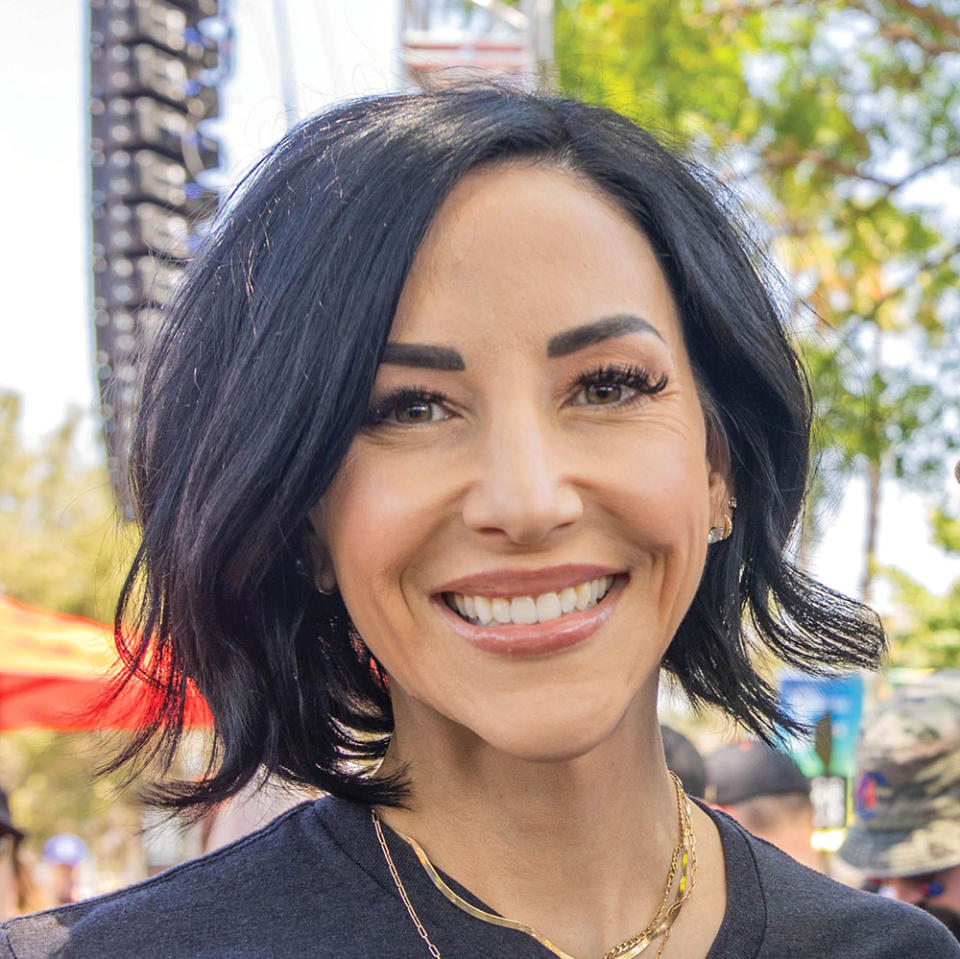
Lindsay Dougherty
The tough-talking, hard-charging, tattooed Hollywood Teamsters boss leads with her own brand of feminine energy. It was her assistance in directing her drivers to respect the WGA’s picket lines that was key in shutting down productions and making the town quickly understand labor’s 2023 solidarity. Now, she’s got momentum as the clock ticks on her own union’s contract expiration in July.
Early-career writers and actors
The WGA’s deal codifies having writers on set during production, helping scribes gain experience and build a path to becoming showrunners. SAG-AFTRA’s tentative deal includes outsize gains in minimums for background actors, guardrails on artificial intelligence and regulations regarding self-taping, all of which can help make acting a more viable profession. As SAG leader Crabtree-Ireland has noted, the fight was for the “journeyman performer.”
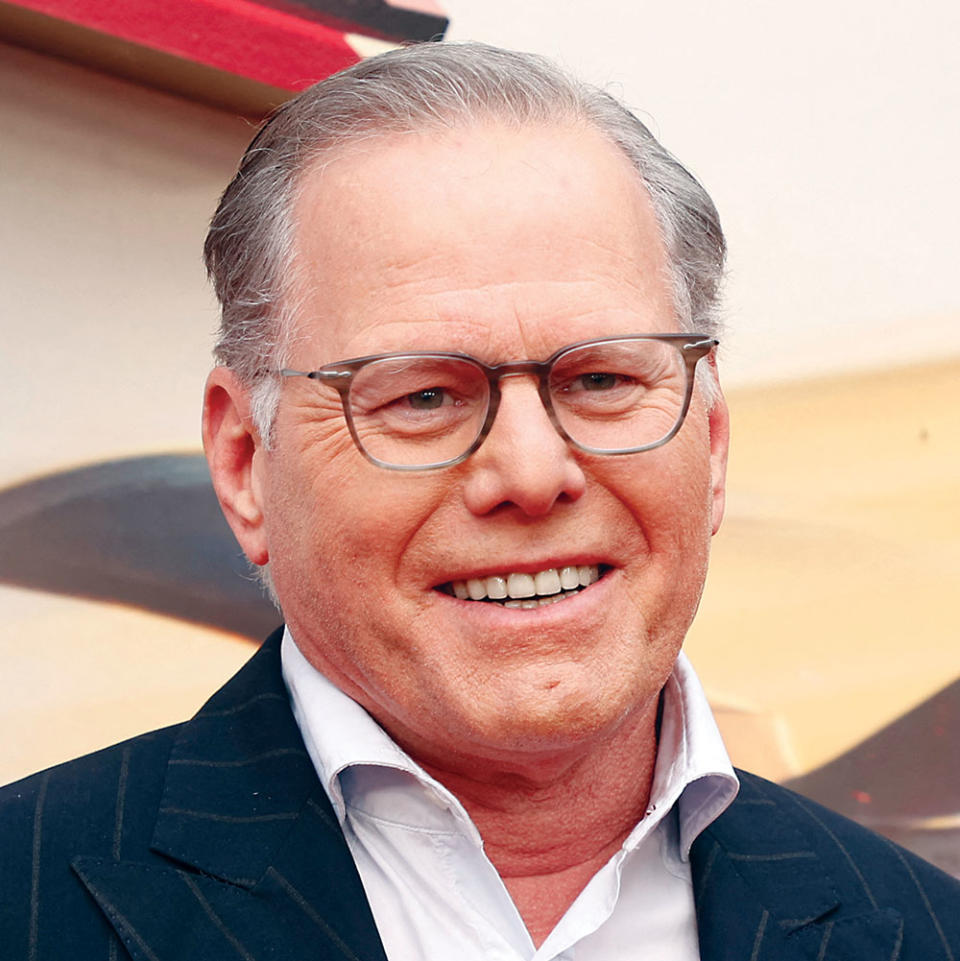
David Zaslav
While the Warner Bros. Discovery CEO was an early strike villain thanks to his nine-figure payday in 2021, the strikes may have set him up for a new lucrative pay package in the company’s next proxy filing. In March, WBD’s board changed Zaslav’s bonus pay to be based on free cash flow. A side effect of the strikes? A ton of free cash flow as production ground to a halt.
Themed pickets
Reuniting the casts of fan-favorite shows like Battlestar Galactica, celebrating diversity and even holding singles mixers, themed pickets invigorated the lines by adding a shared interest that helped strikers expand beyond their home base. Viral photo ops with the likes of Parks and Recreation’s Li’l Sebastian also drove strike messaging to the masses.
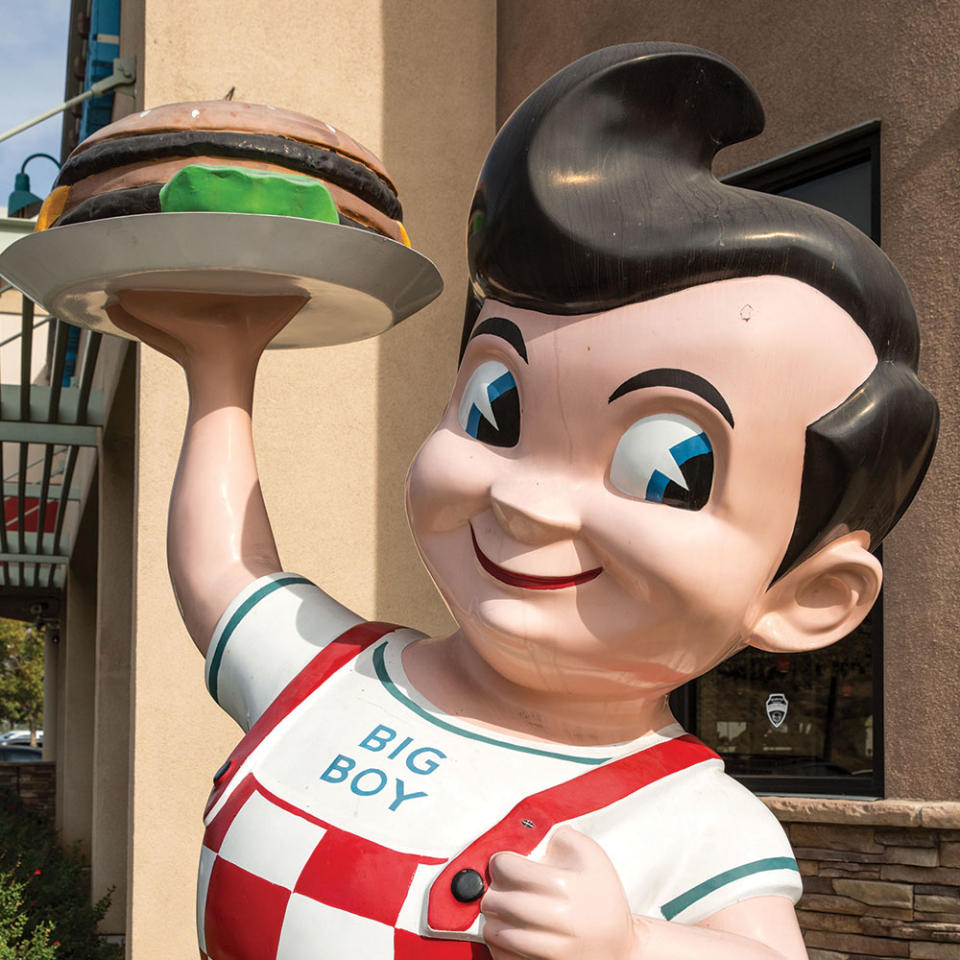
Drew Carey
Carey’s picture was already framed on the wall at Bob’s Big Boy, but the Price Is Right host picked up the tab for writers for 148 days at both the Burbank diner and Swingers in Hollywood, helping to feed anyone with a WGA card. With tabs that likely clock in around the $1 million marker, Carey solidified his status as an industry saint.
(Fake) Carol
The self-professed parody account of Carol Lombardini, the president of the Alliance of Motion Picture and Television Producers, became a viral sensation and delivered much-needed levity during the work stoppage as the “working-class mid-level writer living in L.A.” also took shots at everyone from CEOs to Drew Barrymore and everyone in between.
Losers
(Real) Carol Lombardini
In May, the AMPTP’s low-key president, a veteran dealmaker, was feared as a smooth, no-nonsense operator who knew how to play labor groups off each other to give as little ground as possible in pattern bargaining. By this fall, CEOs had joined the negotiations after Lombardini and labor execs were perceived to not be cutting it. Now some question if she will remain at the top of the AMPTP.
The Directors Guild
With the WGA’s pencils down for more than 30 days, the Lesli Linka Glatter-led DGA decided not to wait 48 hours for the results of SAG’s strike-authorization vote and instead relinquished the leverage that could have come from a historic three-union strike, reaching its own deal with the AMPTP after less than a month of negotiations. Glatter still hasn’t done press.
Gavin Newsom
Hollywood’s hot labor summer standoff set the stage for California’s governor to emerge as a hero among unions. Instead, guild workers perceived a heel turn. On top of playing a passive role in the strikes and choosing not to show up to any picket, he vetoed legislation that would’ve allowed striking workers to collect unemployment insurance, same as states like New York and New Jersey. IATSE members may dial up the heat again this summer, when the union’s contract with the studios expires.
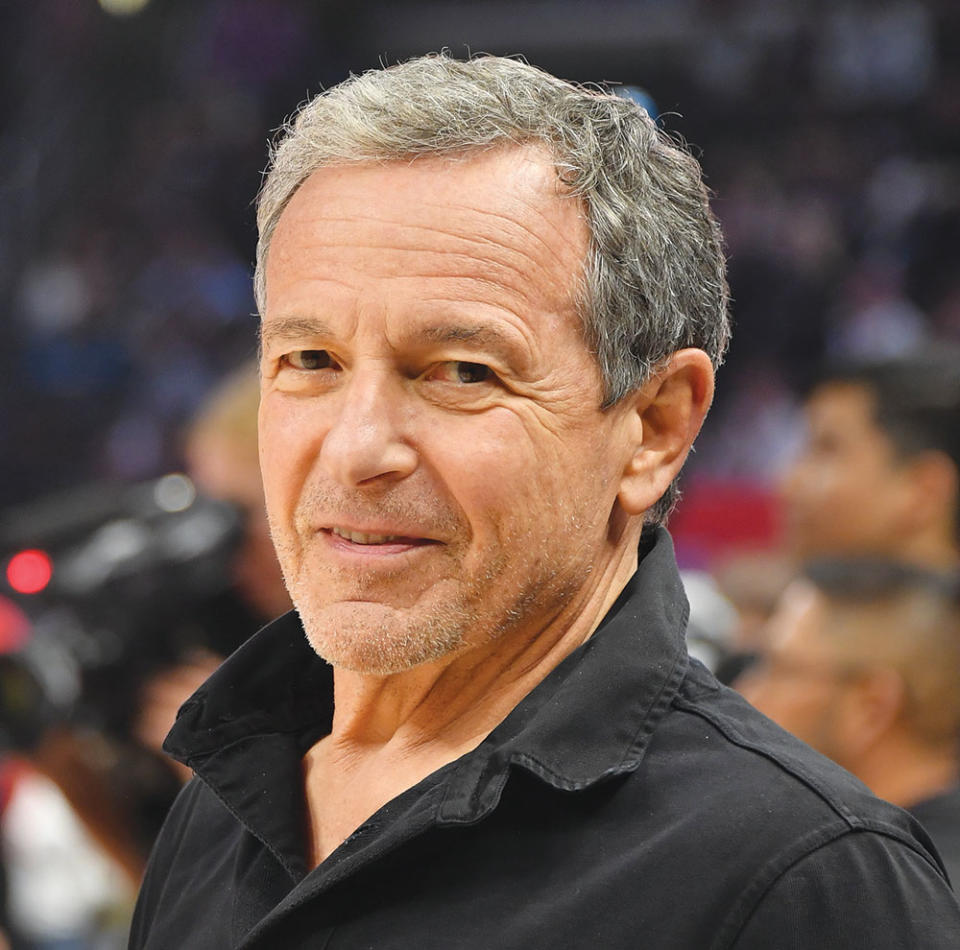
Bob Iger
The Disney CEO’s reputation had been sterling, but his comments in July that unions were being “unrealistic” galvanized labor sentiment. “We’ve got a message for Mr. Iger,” the actor Bryan Cranston declared that same day. “We don’t expect you to understand who we are. But we ask you to hear us.” Iger toned down his rhetoric, but his “out of touch” label lives on.
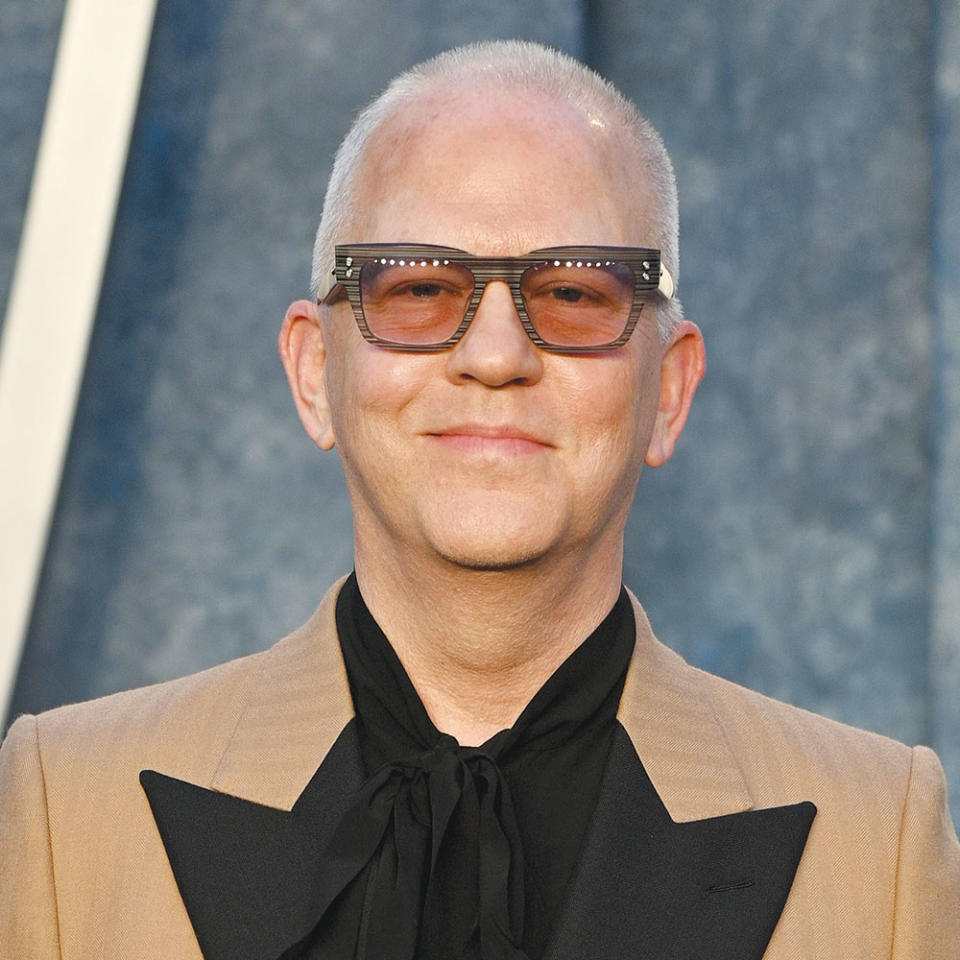
Ryan Murphy
The producer threatened litigation against Warren Leight, the respected East Coast strike captain who was forced to apologize after tweeting that crewmembers on Murphy’s shows were told they’d be “blackballed” if they didn’t cross WGA picket lines. Leight later apologized and Murphy, two months later, launched a $500 million strike fund to support the casts and crews of his shows.
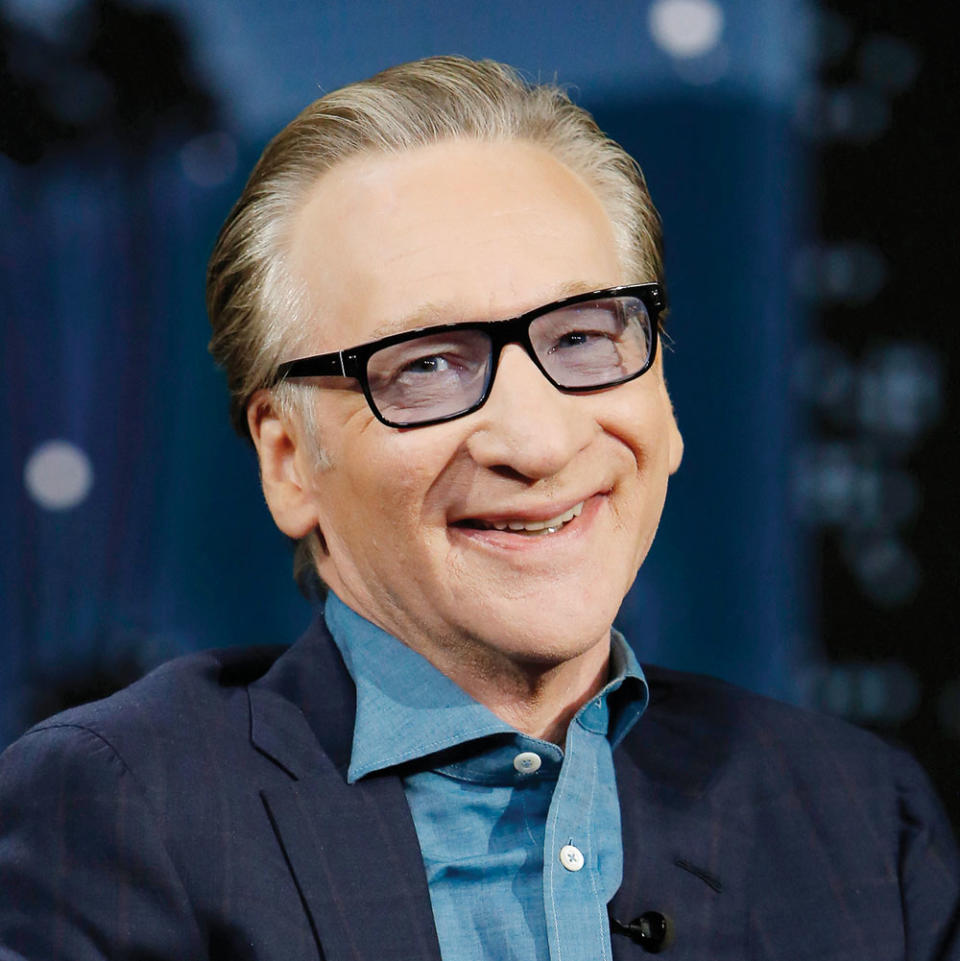
Drew Barrymore & Bill Maher
The actress damaged her up-till-now beloved reputation when she decided to bring back her talk show without writers in September, during the WGA strike, while her three writers protested outside. Though she reversed course, she released two videos about the situation that made matters worse. Meanwhile, the HBO host tried a similar move with Real Time and also had to backtrack. If only they had waited a couple of weeks.
Stephen Amell & Brad Garrett
While the vast majority of SAG-AFTRA members held the line — even if it meant biting their tongues — not everyone offered a unified front. Arrow star Amell told a sci-fi convention audience in July: “I do not support striking. It’s a reductive negotiating tactic.” Amid fierce backlash, he backtracked and was later spotted on the picket lines. Everybody Loves Raymond’s Garrett made it all the way until Nov. 2 before posting a rambling, cantankerous speech filmed in his bathroom about how “no one is sharing information.”
The AMPTP’s Crisis PR Firm
At the height of the writers strike, the studio group enlisted the Molly Levinson-led outside firm The Levinson Group to handle its messaging after losing a social media battle for public perception when actors and writers shared images of residual checks for pennies. It didn’t help turn the tide — and resulted in writers doing their own opposition research on the firm.
The Sherman Oaks Galleria
The sleepy Valley mall, home to a Cheesecake Factory, serves as the AMPTP’s home base and received a much-needed dose of fame after serving as the primary location for bargaining among the WGA and SAG-AFTRA. But in the waning days of the strikes, talks moved to the guilds’ respective midcity headquarters, with the Galleria losing the spotlight when it counted.
Hackman Capital Partners
The firm, which owns the Radford lot in Studio City, told picketers they couldn’t march at its front gate. When the former chair of the National Labor Relations Board told THR that the company would probably lose if challenged on a federal level, it waved the white flag the next day.
California’s economy
The strikes put more than 100,000 actors and writers out of work, but all the other workers that were sidelined may be even more consequential in what turned out to be a labor standoff costing billions. The list includes directors, editors, grips, makeup artists, props suppliers and location managers, among dozens of other professions that make a production go round.
This story first appeared in the Nov. 16 issue of The Hollywood Reporter magazine. Click here to subscribe.
Best of The Hollywood Reporter
Meet the World Builders: Hollywood's Top Physical Production Executives of 2023
Men in Blazers, Hollywood’s Favorite Soccer Podcast, Aims for a Global Empire

